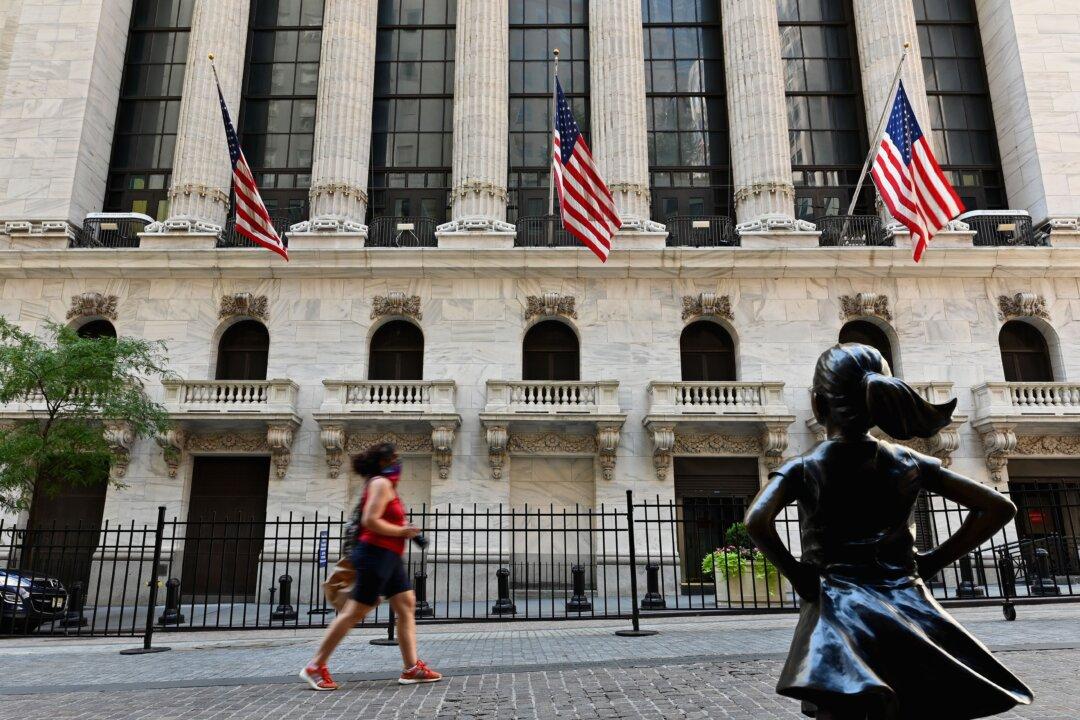WASHINGTON—U.S. regulators are moving forward with a plan to crack down on Chinese companies traded in U.S. exchanges, overturning an agreement signed with Beijing in 2013 under the Obama administration.
The plan will require Chinese companies listed in U.S. exchanges to use auditors overseen by U.S. regulators.





